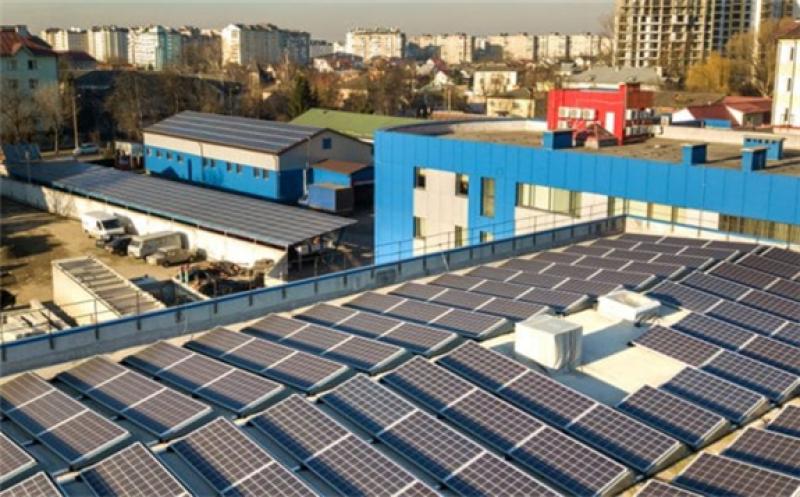The start-up Sun Exchange wants to use its participatory financing model to install a solar photovoltaic system for Nhimbe Fresh, a Zimbabwean fruit exporter. The small 1,9 MW solar power plant to be installed in Marondera will be equipped with a battery-based electricity storage system.

Nhimbe Fresh is in the process of securing the power supply to its facilities in Marondera, in the province of Mashonaland Oriental, Zimbabwe. A solar photovoltaic system will be installed by the start-up Sun Exchange based in Cape Town, South Africa.
The young company has a platform with members in almost 163 countries around the world. Sun Exchange supplies solar energy to schools, clinics, farms, mobile phone towers, water treatment plants, businesses, etc. The company has a platform with members in almost 163 countries around the world. But its modus operandi is different from that of other suppliers of solar photovoltaic systems.
It is, however, simple. In Zimbabwe, its first country of internationalisation, its team can choose a company or organisation that would like to be powered by solar-generated electricity. A team of engineers is then sent to the site for technical, economic, environmental and social studies. The validated project is represented on the platform in the form of solar cells.
The members of the platform buy the cells at a price of 4 dollars each. After the solar system is commissioned, platform members are paid in local currency or Bitcoin in the virtual portfolio created on the Sun Exchange platform. The solar system that the start-up wants to install for Nhimbe Fresh in Marondera will have a capacity of 510.3 kWp.
Solar energy storage
The small plant will be equipped with a 1 MWh battery storage system, which will provide electricity for the storage of export products such as blueberries, raspberries, strawberries, snow peas and other stone fruits. The project will be implemented in several phases. In the first phase, a solar system will supply the cold store at Nhimbe Fresh. The second unit will supply the water pumping sites and the final phase of the project will provide electricity to the Churchill farm.
Reducing CO2 emissions
“Our goal is to do business profitably through sustainability and environmental responsibility. Switching to solar power via Sun Exchange is an important step towards this vision, minimising our energy costs and impact on the climate, while building resilience and business continuity by allowing us to continue operations during power outages,” says Edwin Masimba Moyo, President of Nhimbe Fresh.
According to Sun Exchange, the solar system will enable Nhimbe Fresh to avoid the emission of 1,000 tons of CO2 per year. The fruit exporter could also see its electricity bills cut by 60%.
This article is reproduced at www.afrik21.africa